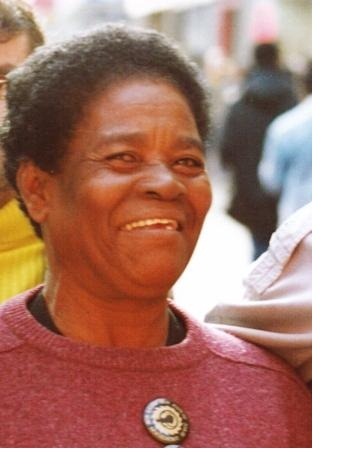 Who was she?
Who was she?
Born in Trinidad and Tobago on September 7, 1925, Walcott was a trade unionist and political activist.
Best known as…
An ardent champion for the working class.
Starting as a member of the Union of Commercial and Industrial Workers at the age of 40, she continued her fight for the plight of the working class in her country by supporting political campaigns and candidates as well as joining the local Black power movement.
How she was a Caribbean Catalyst for Change:
When newspapers of the time refused to publish her opinions, she took it upon herself to learn how to type and publish her own materials, selling them at political rallies. Some of her earliest writings dealt with the exploitation of women in the workplace, such as: The exploitation of Working-Class Women – v Cannings Ltd. Guilty?, A Woman’s Fight – An exploitation of the Working-Class Woman, Women’s Aim Now is to End Exploitation and Working-Class Woman Speaks Out. These pieces were then published by the Institute of Social Studies in Netherlands in a 1980’s booklet titled “Fight Back Says a Woman.”
Her work and campaigns also resulted in the passing of the Minimum Wages and Terms and Conditions for Household Assistants Order under the Minimum Wages Act as well as the Unremunerated Work Act, 1995, making Trinidad and Tobagoone of the first countries in the world to pass such legislation and the Trinidad and Tobago language being used as the model for the Beijing Declaration on Women.
